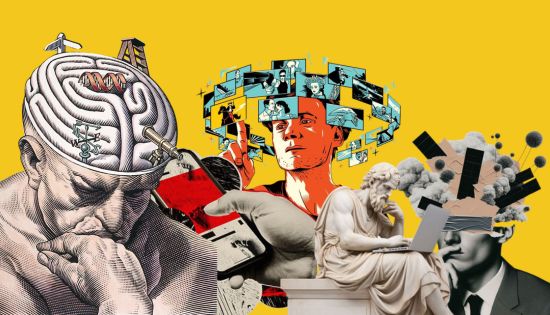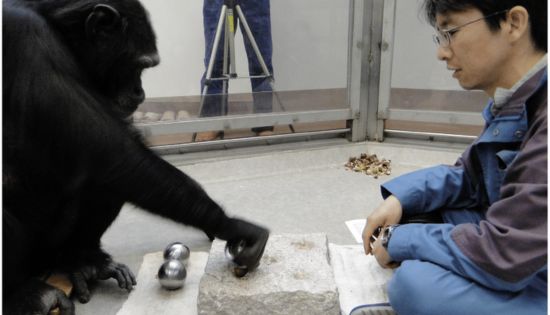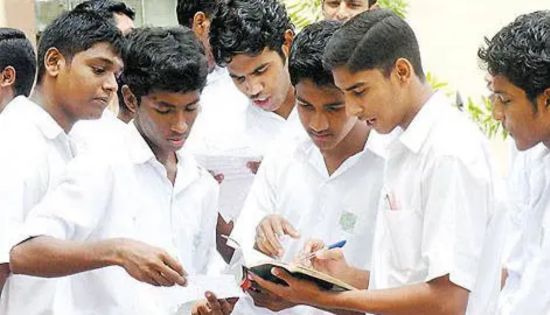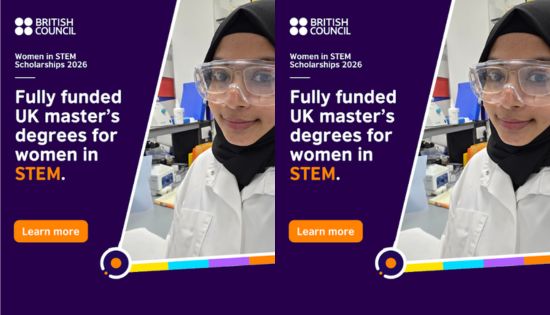Exploring the Educational Potential of Virtual and Augmented Reality
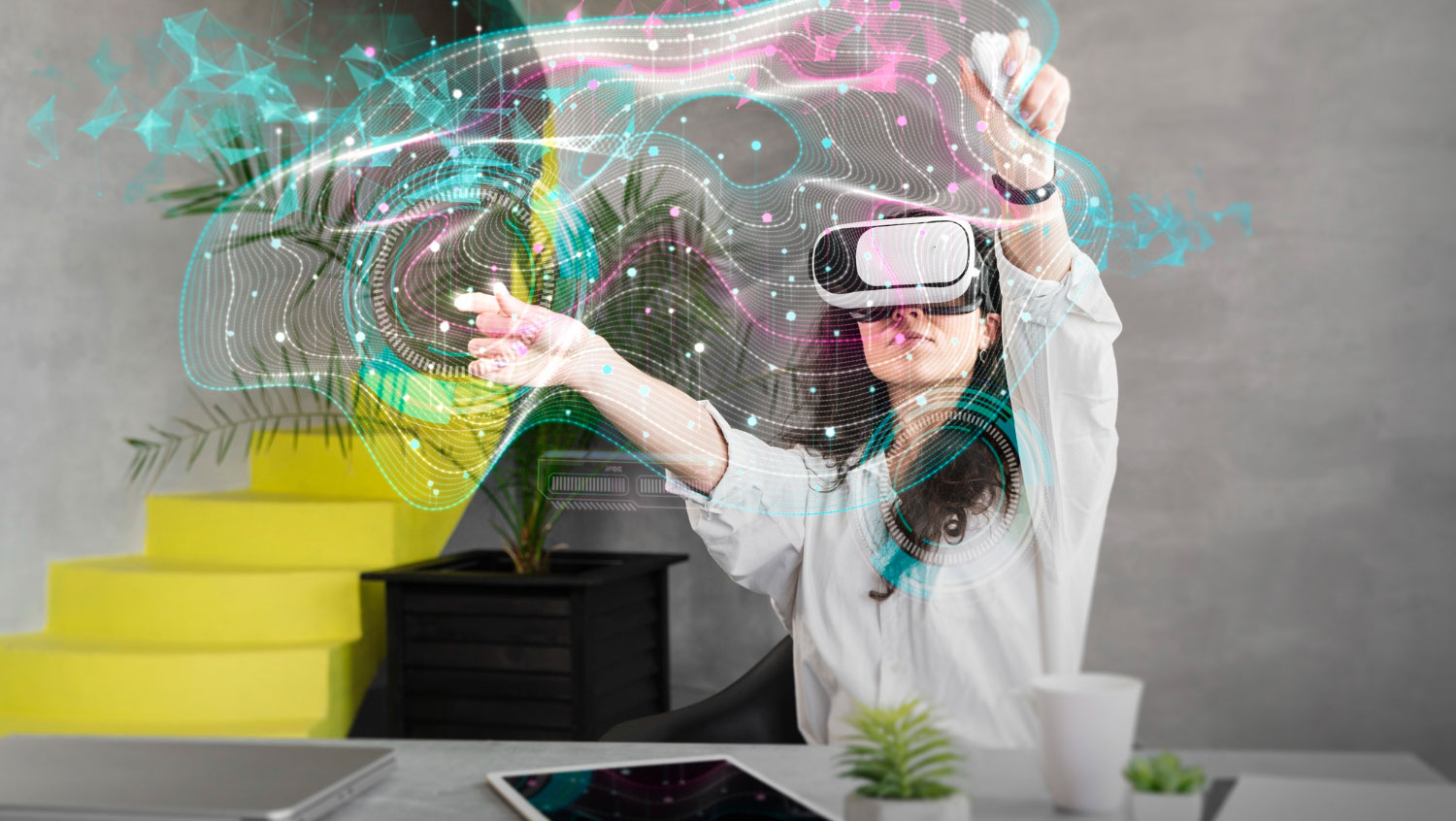
Virtual and augmented reality (VR/AR) technologies are revolutionizing the way we learn and interact with the world around us. By creating immersive, interactive experiences, VR/AR has the potential to transform education, making complex concepts more understandable and engaging for students of all ages.
One of the key advantages of VR/AR in education is its ability to provide hands-on learning experiences that would otherwise be impossible or impractical. For example, students can take virtual field trips to explore ancient civilizations, visit outer space, or dive into the depths of the ocean, all from the comfort of their classroom.
In addition to field trips, VR/AR can also be used to create interactive simulations that allow students to practice real-world skills in a safe and controlled environment. For example, medical students can use VR to simulate surgical procedures, while engineering students can use AR to visualize and manipulate complex 3D models.
Another advantage of VR/AR in education is its ability to cater to different learning styles. Visual and kinesthetic learners, in particular, can benefit from the immersive nature of VR/AR, which allows them to see and interact with concepts in a way that is more intuitive and engaging than traditional methods.
Furthermore, VR/AR can help bridge the gap between abstract concepts and real-world applications. For example, students studying geometry can use AR to visualize and manipulate geometric shapes, helping them develop a deeper understanding of spatial relationships.
Despite its potential, the widespread adoption of VR/AR in education faces several challenges, including cost, technical limitations, and the need for teacher training. However, as technology advances and becomes more affordable, these barriers are likely to diminish, paving the way for more widespread use of VR/AR in education.
In conclusion, VR/AR has the potential to revolutionize education by providing immersive, interactive learning experiences that cater to different learning styles and bridge the gap between abstract concepts and real-world applications. As educators continue to explore the possibilities of VR/AR, the future of education looks more exciting and engaging than ever before.
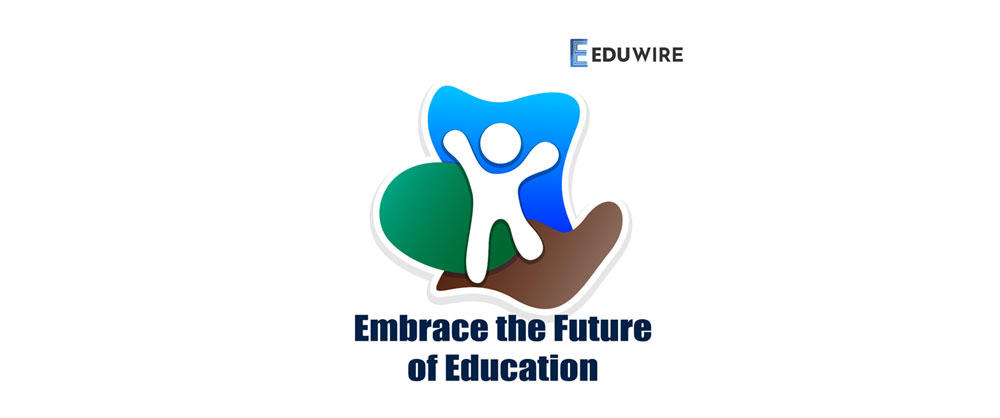
Related News
GCE O/L Exam 2025 Results : Update
The Commissioner General of Examinations, A.K.S. Indika Kumari Liyanage, has stated that the results of the G.C.E. Ordinary Level 2025 (2026) examination…
Read MoreSix Tips For Choosing a Future Career
Not sure what your future career looks like? Here are six tips to help you find the right career for you. 1.…
Read MoreBritish Council Women in STEM scholarships to study in the UK nowopen to Sri Lankans
British Council Women in STEM scholarships to study in the UK nowopen to Sri Lankans For the sixth consecutive year, the British…
Read MoreWuthering Heights: Book vs Movie – Which Resonates More?
Read • Watch • Learn When Emily Brontë published Wuthering Heights in 1847, few expected the novel to become one of the…
Read MoreCourses
-

The future of higher education tech: why industry needs purpose-built solutions
For years, Institutions and education agencies have been forced to rely on a patchwork of horizontal SaaS solutions – general tools that… -

MBA in Project Management & Artificial Intelligence – Oxford College of Business
In an era defined by rapid technological change, organizations increasingly demand leaders who not only understand traditional project management, but can also… -

Scholarships for 2025 Postgraduate Diploma in Education for SLEAS and SLTES Officers
The Ministry of Education, Higher Education and Vocational Education has announced the granting of full scholarships for the one-year weekend Postgraduate Diploma… -

Shape Your Future with a BSc in Business Management (HRM) at Horizon Campus
Human Resource Management is more than a career. It’s about growing people, building organizational culture, and leading with purpose. Every impactful journey… -

ESOFT UNI Signs MoU with Box Gill Institute, Australia
ESOFt UNI recently hosted a formal Memorandum of Understanding (MoU) signing ceremony with Box Hill Institute, Australia, signaling a significant step in… -

Ace Your University Interview in Sri Lanka: A Guide with Examples
Getting into a Sri Lankan sate or non-state university is not just about the scores. For some universities' programmes, your personality, communication… -

MCW Global Young Leaders Fellowship 2026
MCW Global (Miracle Corners of the World) runs a Young Leaders Fellowship, a year-long leadership program for young people (18–26) around the… -

Enhance Your Arabic Skills with the Intermediate Language Course at BCIS
BCIS invites learners to join its Intermediate Arabic Language Course this November and further develop both linguistic skills and cultural understanding. Designed… -

Achieve Your American Dream : NCHS Spring Intake Webinar
NCHS is paving the way for Sri Lankan students to achieve their American Dream. As Sri Lanka’s leading pathway provider to the… -

National Diploma in Teaching course : Notice
A Gazette notice has been released recently, concerning the enrollment of aspiring teachers into National Colleges of Education for the three-year pre-service… -

IMC Education Features Largest Student Recruitment for QIU’s October 2025 Intake
Quest International University (QIU), Malaysia recently hosted a pre-departure briefing and high tea at the Shangri-La Hotel in Colombo for its incoming… -

Global University Employability Ranking according to Times Higher Education
Attending college or university offers more than just career preparation, though selecting the right school and program can significantly enhance your job… -

Diploma in Occupational Safety & Health (DOSH) – CIPM
The Chartered Institute of Personnel Management (CIPM) is proud to announce the launch of its Diploma in Occupational Safety & Health (DOSH),… -

Small Grant Scheme for Australia Awards Alumni Sri Lanka
Australia Awards alumni are warmly invited to apply for a grant up to AUD 5,000 to support an innovative project that aim… -

PIM Launches Special Programme for Newly Promoted SriLankan Airlines Managers
The Postgraduate Institute of Management (PIM) has launched a dedicated Newly Promoted Manager Programme designed to strengthen the leadership and management capabilities…
Newswire
-

India rejects report claiming US using its ports for Iran strikes
ON: March 5, 2026 -

ASP Rohan Olugala assumes duties as Walana Anti‑Corruption Unit Director
ON: March 5, 2026 -
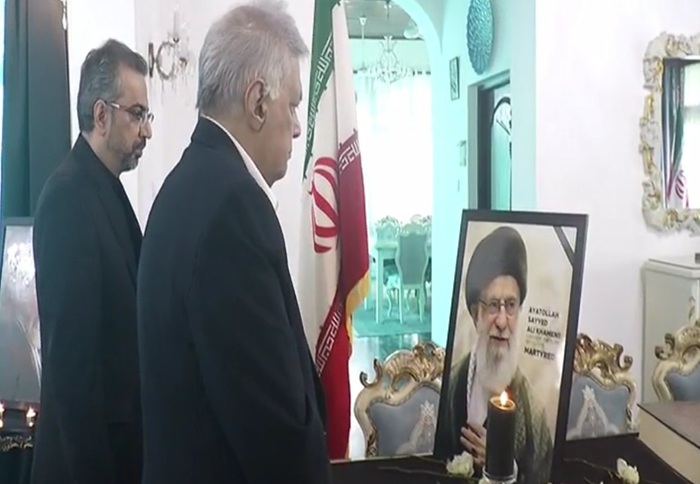
Ranil visits Iranian embassy to offer condolences on Khamenei’s death
ON: March 5, 2026




